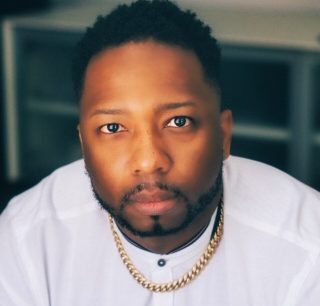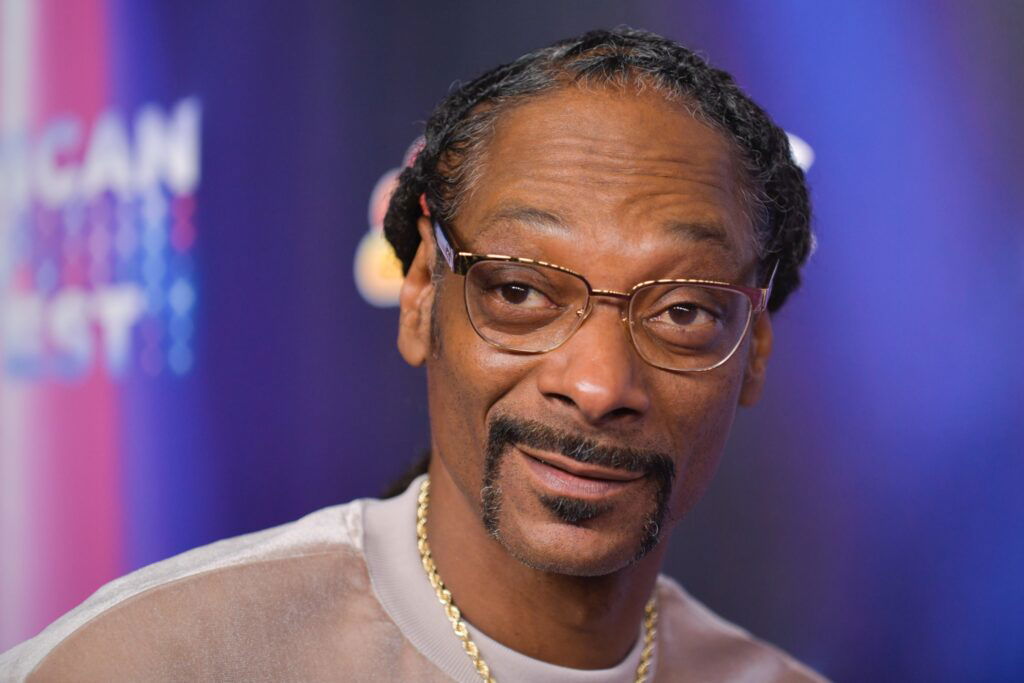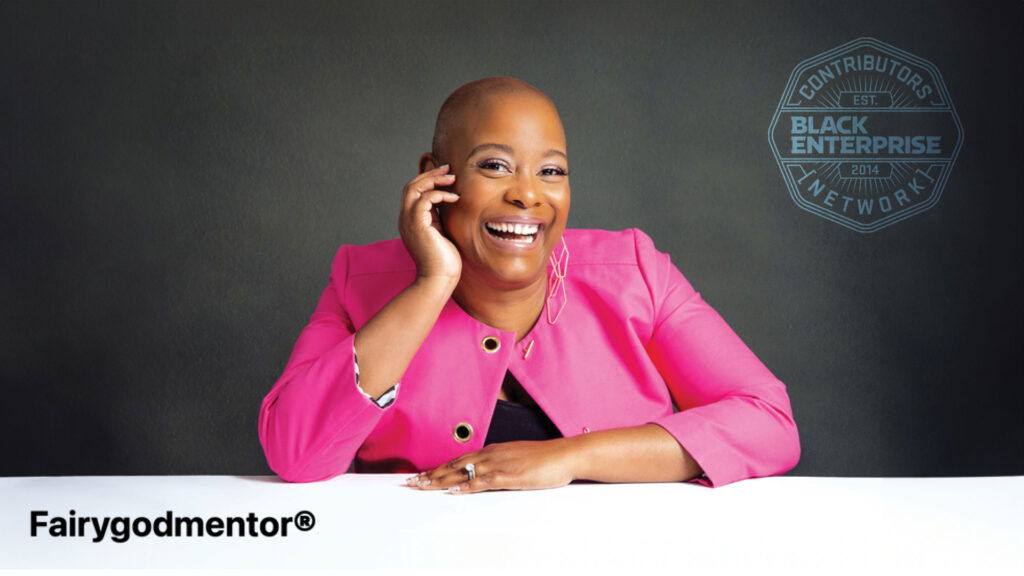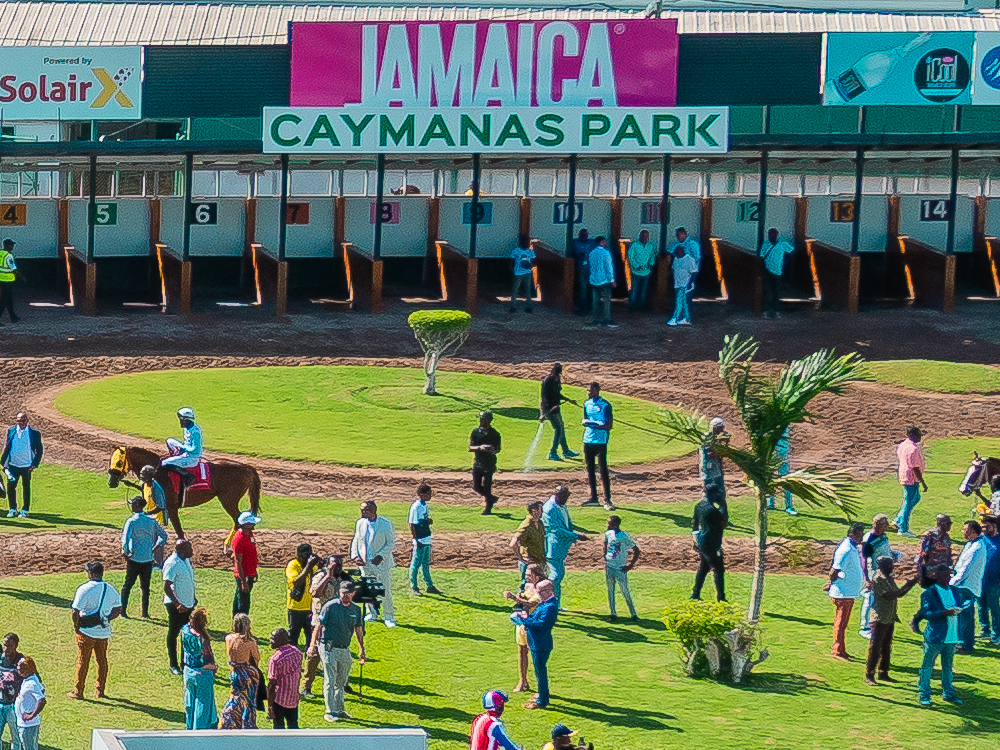The road to Olympic gold might seem paved with sweat and genetics, but for three-time gymnastics champion Gabby Douglas, the reality is more complex.
During her most recent comeback attempt, she encountered a fascinating paradox: While dedication and diet have undoubtedly shaped her athletic potential, the precise influence of her own genetics remained a mystery, leaving Douglas to wonder how she can optimize her performance moving forward. Douglas has joined forces with Ancestry and 17 world-class athletes to unlock the secrets her genes hold, aiming to optimize her performance and conquer the podium once again.
Where it started and where she’s going
Douglas first set foot in the world of gymnastics courtesy of her sister, Arielle. A triple threat with a background in cheerleading, gymnastics, and ballroom dancing, Arielle’s skills captivated Douglas, sparking a fire that would soon become a lifelong passion.
At just three years old, Douglas was already tumbling into the world of gymnastics, her tiny hands and feet pattering against the mat as she chased after her sister’s lead. Arielle, delighted to share her own love for the sport, took Douglas under her wing and began teaching her the basics.
As Douglas grew, so did her skills. By the time she was six years old, she was already taking matters into her own hands — or rather, her own feet — teaching herself new tricks and stunts like cartwheels and backflips. By eight, she won her first competition.
Douglas would go on to have an illustrious career, securing three Olympic gold medals and making history as the first Black American gymnast to win gold in the Olympic all-around in London in 2012. She also became the first U.S. gymnast to win gold in both the individual all-around and team competitions at the same Olympics — cementing herself as one of the greatest gymnasts ever at 20 years old.
But Douglas’ road was not easy. During her career, Douglas endured vitriolic media criticism, including racist, sexist, and bigoted comments about her hair. In 2016 she stepped away from competition to prioritize her mental health, a pivotal decision that would ultimately allow her to reclaim her identity, rewrite her narrative (on her own terms), and rekindle her passion for gymnastics.
This year, Douglas began her comeback to competition after an eight-year hiatus, only for her attempt to be derailed by a serious ankle injury before the U.S. National Championships. But this injury is not stopping the 28-year-old gymnastics legend. Despite the setback, Douglas is determined to continue competing, telling theGrio that while bittersweet, this obstacle marks the end of a chapter, but not the end of her gymnastics career. She’s set her sights on the 2028 Olympics, and if successful, at age 32, Douglas would make history as the oldest gymnast to compete in the Olympic Games. To defy the odds, though, she’s on a mission to unlock the secrets her genes hold, seeking answers on how to optimize her athletic potential and reach the peak of her game once again.
DNA runs deeps
Douglas is not unique in her quest to repeat or return to athletic dominance, but a lingering question persists: What drives the competitive fire within her, and how do genetic factors influence an athlete’s ability to acquire new skills and re-master old ones as they navigate the physical changes that come with age?
Douglas’ athleticism and competitive nature appear to run deep, with a great-great-grandfather who served as a porter for the 1912 Men’s National Gymnastics team. Modern science backs this up: a recent DNA test by Ancestry reveals genes linked to athleticism in Douglas. These include a natural inclination towards team sports, alongside qualities essential for elite gymnasts like flexibility, strength, and a high overall athletic potential.
Still, the test did highlight areas for improvement, including balance and technique. “I was surprised to see that I wasn’t naturally good at something like balance,” said Douglas who reflected on the results during our interview, “but when I think about my career, I wasn’t very good at the beam. I had to work hard to be consistent and solid,” she continued.
Recommended Stories
The test results also revealed that Douglas has a remarkably high pain tolerance — a cringeworthy finding, given the unfounded and long-standing myth that Black women experience pain differently than women of other races. However, Douglas’ own experiences confirm this notion.
“I have a high pain tolerance,” she said. “In 2015, I hyperextended my leg while vaulting and heard a loud snap. Despite being compromised, I continued to compete. It wasn’t until after returning from Scotland that I realized I needed to get [my injury] checked out — and it turned out I had a significant break in my leg.” Douglas has since learned the importance of addressing injuries promptly, acknowledging that the intensity of competition can lead to ignoring or downplaying injuries. However, she is now prioritizing the healing of her current foot injury, ensuring it is fully recovered before returning to competition.
As Douglas moves forward, she plans to use her newfound insights to focus on improving her weaknesses and refining her skills, but her primary focus is on supporting her teammates as they compete in this year’s Paris Olympics. There’s no doubt, however, that “the flying squirrel” (a nickname given to her by national team coordinator Martha Karolyi), armed with new knowledge, her trademark work ethic, and determination, is well-poised to make a triumphant comeback to the sport she loves. We’ll be watching.
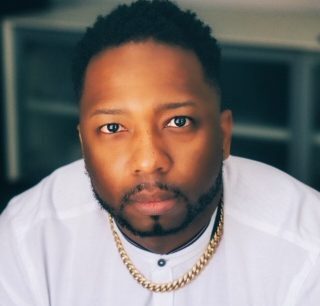
Dr. Shamard Charles is the executive director of graduate studies in public health at St. Francis College and sits on the Medical Advisory Board of Verywell Health (Dot Dash-Meredith). He is also host of the health podcast, The Revolutions Within Us. He received his medical degree from the Warren Alpert Medical School of Brown University and his Masters of Public Health from Harvard’s T.H. Chan School of Public Health. Previously, he spent three years as a senior health journalist for NBC News and served as a Global Press Fellow for the United Nations Foundation. You can follow him on Instagram @askdrcharles or Twitter @DrCharles_NBC.


